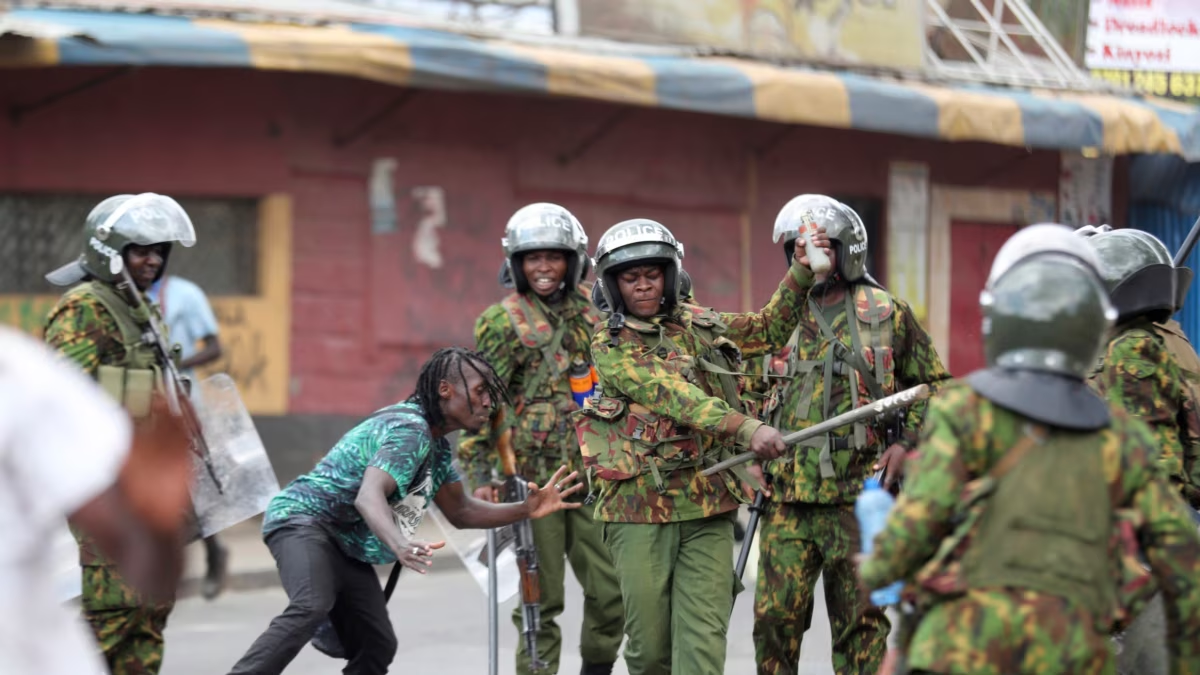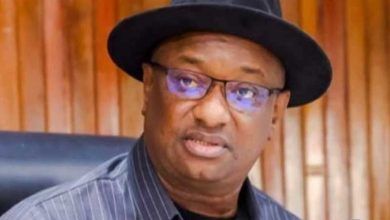Kenya Sends More Police to Combat Haiti Gang Crisis

Another 200 Kenyan police officers have left for Haiti under a UN-backed mission to try to quell rampant gang violence in the troubled Caribbean nation, senior police officers said Tuesday.
The deployment comes after the East African nation sent some 400 officers to the violence-ravaged Haitian capital Port-au-Prince in June, part of a controversial offer to send some 1,000 police to help stabilise the country.
The promise made by embattled President William Ruto, who is trying to calm roiling anti-government protests at home — has run into persistent legal challenges in Kenya.
“We have 200 police officers who left last night, they should land in their destination of Haiti this morning,” one senior police officer told AFP on Tuesday. “They are joining their colleagues who are already on the ground.”
Another senior police source confirmed to AFP that the officers had left on Monday night, travelling by chartered plane, adding: “More will be departing soon until we have all the 1,000.”
The East African nation is leading a force expected to number a total of some 2,500 personnel.
Other countries, mostly in Africa and the Caribbean, are also contributing to the mission, which is blessed but not managed by the United Nations.
On July 1, Kenya’s National Police Service issued a statement to scotch rumours that seven officers had been killed in Haiti.
The forces deployed had been “received warmly” and were “all safe and ready to discharge their clear and specific mandate,” it said.
They were “working closely with their host, the Haitian National Police, and have so far undertaken strategic mapping of the likely areas of operational concerns and conducted several joint patrols within Port-au-Prince”.
The deployment was approved by a UN Security Council resolution in October, only to be delayed by a Kenyan court decision in January that ruled it unconstitutional.
The court said Ruto’s administration had no authority to send officers abroad without a prior bilateral agreement.
While the government secured that agreement with Haiti in March, a small opposition party, Thirdway Alliance Kenya, has filed a fresh lawsuit in another attempt to block it.
The United States had been eagerly seeking a country to lead the mission and is supplying funding and logistical support.
But President Joe Biden flatly ruled out US boots on the ground in Haiti — the poorest nation in the Americas, where Washington has a history of intervention.
Human Rights Watch has raised concerns about the Haiti mission and doubts over its funding, while watchdogs have repeatedly accused Kenyan police of using excessive force and carrying out unlawful killings.
Haiti has long been rocked by gang violence, but conditions sharply worsened at the end of February when armed groups launched coordinated attacks in Port-au-Prince, saying they wanted to overthrow then-prime minister Ariel Henry.
The violence in Port-au-Prince has affected food security and humanitarian aid access, with much of the city in the hands of gangs accused of abuses including murder, rape, looting and kidnappings.





